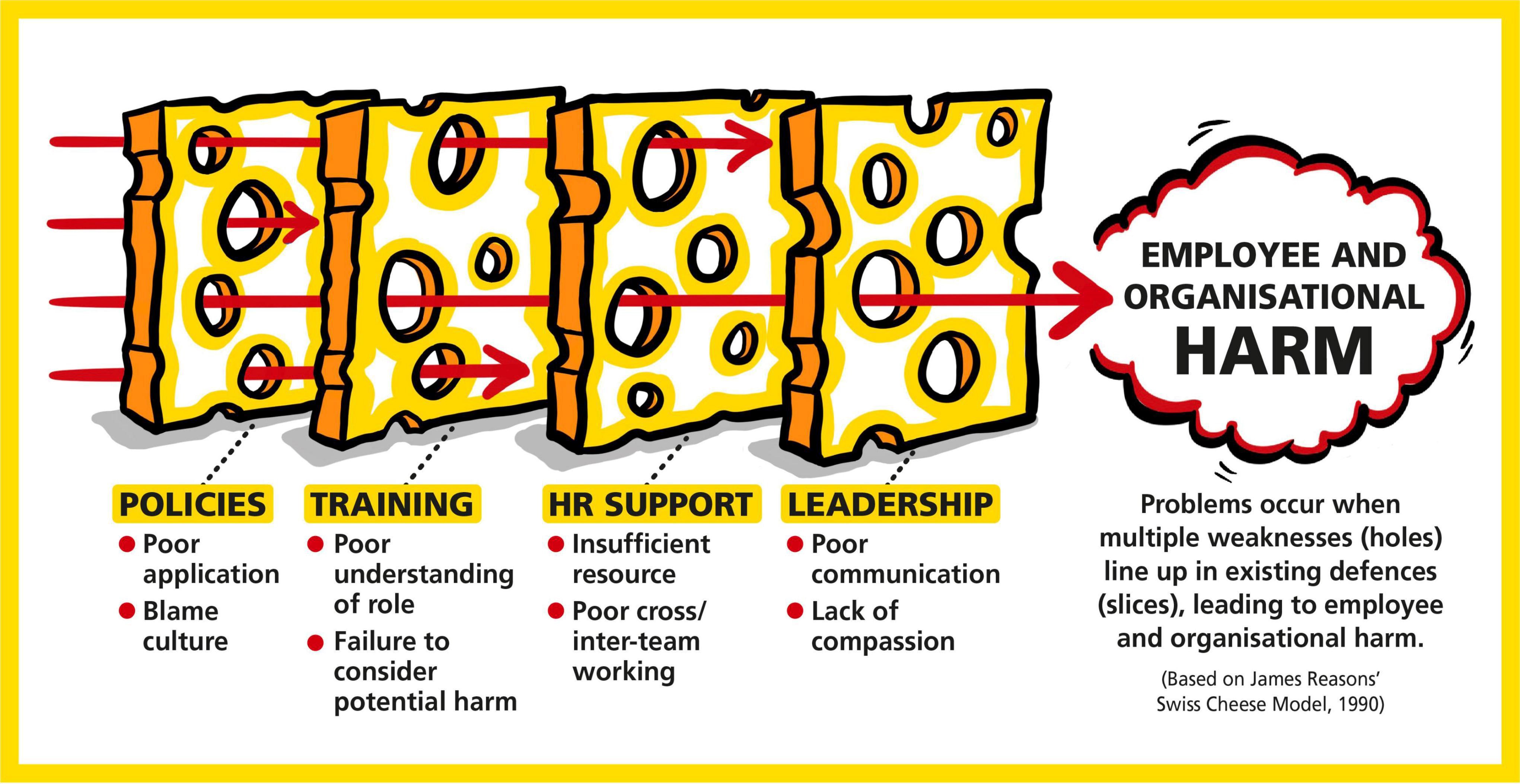The study, published in the journal “Frontiers in Psychology”, addresses the question of how changes in disciplinary investigations can prevent significant negative consequences for employees. The Aneurin Bevan University Health Board, an organization of the National Health Service (NHS) Wales, with more than 16,000 employees, was examined. University Professor Doris Behrens, Head of the Department of Business and Health, is co-author of the study.
The stress that disciplinary processes can cause employees and the measurable consequences of this were part of the study “The last resort: reducing avoidable employee harm by improving the application of the disciplinary policy and process”. What may seem like a somewhat remote niche topic at first glance is highly relevant in practice. As part of the study, HR managers were shown ways of solving problems in the workplace using informal approaches wherever possible.
Less sick leave and cost savings
Doris Behrens, University Professor of Management in Healthcare and Head of the Department for Economy and Health at the University for Continuing Education Krems, emphasizes: “Adjustments to the current practice of disciplinary investigations can significantly improve the well-being of employees.” In terms of figures, this has led to a 70% reduction in disciplinary processes (from 50 to 15) and more than 3,000 fewer sick days per year at Aneurin Bevan University Health Board, an NHS Wales organization. The personnel cost savings alone from the 35 disciplinary procedures avoided are estimated at around 738,000 pounds.
Training instead of disciplinary processes
Andrew Cooper, lead author of the research paper and Head of Employee Wellbeing Programmes at Aneurin Bevan University Health Board, points out the problems that disciplinary procedures cause: “Disciplinary investigations and the processes associated with them can lead to undesirable outcomes for both the individuals involved and the organization. By managing these processes better, negative effects on employees and the organizational culture can be reduced.” Disciplinary procedures should only be a last resort if less severe measures such as training or coaching have failed.
By using new strategies, improved procedures and a proactive approach to bring about cultural change, HR departments can significantly reduce the negative impact on employees. Disciplinary procedures in particular play a major role in corporate culture and send a signal to other areas.
Contact
Tags

